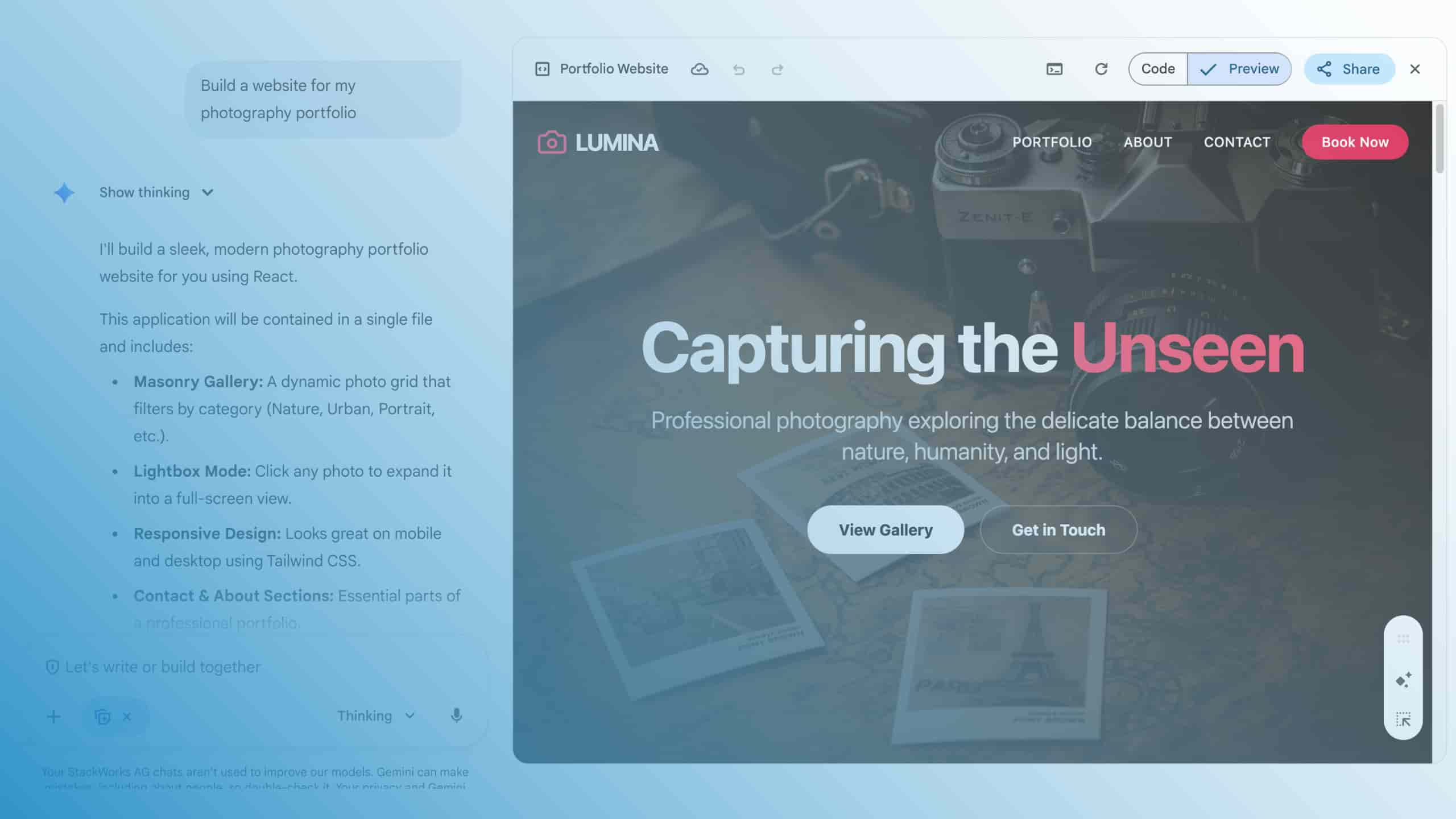New Work - so much more than a foosball table and fruit basket

New Work is one of the buzzwords. There are a multitude of events on the topic and companies are adopting the term. XING SE even renamed itself New Work SE in 2019. "By changing our name, we are making New Work a highly visible bracket around all our activities," said the Press release. Indeed, New Work is a content-heavy term with a history.
In the mid-1970s, the social philosopher and anthropologist Frithjof Bergmann began to develop New Work. At that time, the founding generation of Google, which took up his approaches, was still in their student years, as the FAZ wrote. Prof. Bergmann had coined the term "New Work" like no other. Originally, Frithjof Bergmann had initiated New Work as a counter-model to capitalism and critically examined the American understanding of freedom. For him, freedom was not the possibility to choose between more or less worse options, but the possibility to do something really important, according to Wikipedia. He propagated freedom, autonomy and participation in the community as values of the new work.
New Work - Definition
Today, New Work describes the new way of working in the global and digital age. The original core values of autonomy, freedom and participation still apply, even if not everyone is aware of them. Because in the course of the shortage of skilled workers from the 2010s onwards, many companies in this country realised "that more opportunities for self-development made them more attractive for talent. They transformed New Work from an act of personal development to an organisational and cultural concept", as formulated on Haufe.de.
Thus, New Work has become a "catch-all term for all kinds of initiatives", Dr. Patrick Mollet, Co-owner & Consultant Great Place to Work Switzerland AG, recently named the situation. He wrote: "Many managers think they can tick off the issue with a few cosmetic measures." Reacting to the changes in the world of work, however, does not mean allowing employees to work from home two days a week or setting up a cosy sitting area with a foosball table.
Rather, the labour market, technological progress, knowledge work and changing values as drivers require a new mindset - or a return to the values that are oriented towards the original ones. This means allowing space for self-realisation to emerge and making it possible to create something really important - freedom of action instead of freedom of choice. This does not imply a call to throw the job system completely overboard, but rather one to engage with these values and integrate them into everyday business life. The Kaufmännische Verband advised that employers consider how to make work flexible and offer meaningful activities in order to find, develop as well as retain qualified employees.
New forms of work - examples
It is about valuing people. Dr Patrick Mollet recommended also discussing the role of managers. They should act as coaches and service providers for the team instead of classically handing out assignments based on their positional power. A trust-based workplace culture is appropriate, he said. This goes hand in hand with a new feedback and error culture as the basis for cooperation as well as the inclusion of employees in decisions, i.e. participation.
In addition, employees want more flexible working models and a better work-life balance, the latest LinkedIn Global Talent Trends study revealed. Employees expect companies to value their physical and mental well-being - and to act accordingly. Thus, new work means health.
There are many examples of what new forms of work can look like. These include the six-hour working day and the four-day working week as well as trust-based working hours and trust-based workplaces - in other words, self-organised work. This is accompanied by challenges.
New Work - Criticism
New Work, for example, requires "very good organisation and coordination in order to reconcile the needs of all employees", explained Jochen Mai, founder of the career portal Karrierebibel. Another point of criticism concerns the merging of private life and work. Perhaps the biggest criticism, however, is whether New Work really makes companies more successful. On the one hand, it makes sense to focus on employees. This provides motivation and satisfaction. However, New Work forgets to look at the market situation and customers.
But no one has said that achieving an ambitious goal is a no-brainer. "New Work requires people and companies to deeply rethink how they see themselves in business and work - a rethink that not everyone is willing to make," as Markus Väthist, Capital columnist and one of the leading figures in the New Work movement in Germany, pointed out. On the other hand, New Work has initiated many positive debates: self-determination, meaningful work, collective learning, but also minimum wage or reformation. New Work with Bergmann's basic ideas thus meets the spirit of the times in an ecologically and sustainably oriented society.
Become a New Work company
It is therefore worthwhile to take the path to New Work. We make sure that you can focus entirely on the strategy. With our services such as the Google Workspace Audit, the Google Workspace Migration, the Cloud Assessment, the Chrome Enterprise Proof of Concept and the GCP VM Migration, as well as flexible support and consulting packages, we support you in implementing, maintaining and further developing powerful technology that enables New Work.

%2520(1).jpeg)




